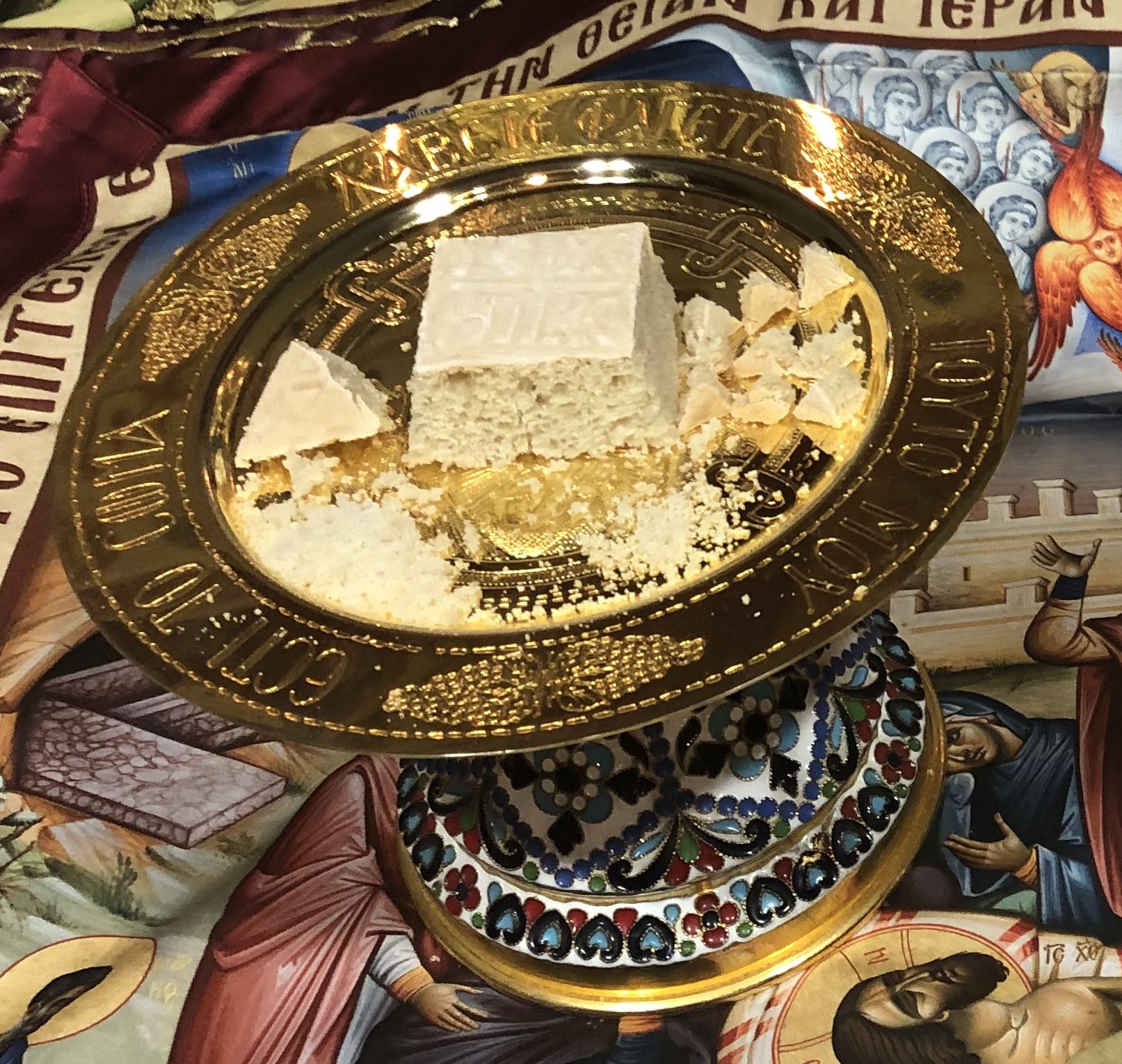And he also who had the two talents came forward, saying “Master, you delivered to me two talents; here I have made two talents more.” His master said to him, “Well done, good and faithful servant; you have been faithful over a little, I will set you over much; enter into the joy of your master.”
Matthew 25:22-23
I have referred to the Parable of the Talents (Matthew 25:14-30) several times in this unit already. There are so many lessons to be taken from it and applied to so many of life’s situations, including the end of life. These verses refer to the man in the parable who was entrusted two talents. Another was entrusted five. The one with five made five more and ended up with ten. The one with two made two more and ended up with four. When the master called the servants to give account for what they had done with what they had been given, he was equally pleased with the man who started with two and ended up with four, as he was with the man who started with five and ended up with ten. The reason? They did the best they could with what they had been given. Everyone has different opportunities, and it’s what you make of those opportunities that matters. I will always believe that God rewards effort more than outcome. This parable confirms that.
The next five reflections will be about the role of family in the dying process. Every family and every circumstance regarding end of life is different. And each brings its own set of challenges. There are situations when someone has a big family who lives around them and can take care of helping out with medical issues or is able to rotate relatives taking care of them so that they can stay home or can rotate to make sure there is always someone at the hospital bedside. This is obviously the ideal, as the saying goes “many hands make light work,” and so a large family that lives near one another makes for a less challenging (albeit still challenging) time in looking after a loved one who is sick.
Sometimes family members volunteer to take a loved one in to live with them. That is certainly admirable, though it does put some stress and strain on the host family—they have their rhythm of life in their household that is now altered at best, or sometimes completely disrupted.
There are people who have small families, for instance one child, or only one child who lives near them and a lot of responsibility falls on that child, which can also be difficult. There are situations where no one lives near someone, and children have to make a decision to move a parent closer to them, or to move a parent into some kind of assisted living facility. There are instances where keeping someone at home becomes impossible—either the level of care needed, or the physical size of the patient or the helpers make it impossible for care to continue at home. That’s a tough decision. People trying to balance raising their children, holding down jobs, maintaining a home while also trying to have a social life, a good marriage, time for rest, involvement in church community—all of these things are hard to balance under normal circumstances, and then providing care for a loved one adds more to the mix and it gets complicated. Mixed with the stress and fatigue of all of this is the guilt for not being able to do more. And let’s be honest, some parents or grandparents are not the best patients, or most appreciative, and they can make their children or grandchildren feel guilty on top of the guilt they already feel.
Both my parents passed in California, where they lived. I lived in Florida during the last years of their lives. My ability to get to California was limited. I wasn’t in California when either of them passed away, though thankfully I was able to get home to say a meaningful goodbye to each. My father died at his home with my mother able to take care of him. My mother passed at my brother’s home and a lot of burden fell on him with both of my parents, and he did an amazing job with both, balancing the demands of his life with taking care of them. Do I have some guilt? A little. Could I have done better? Perhaps. I tried to stay involved in their care as best I could. When I went home to visit them, I spent all the time with them (I didn’t go out with friends or do other things besides hang out with them). My in-laws live in Hawaii. They are too old to travel and so this means vacations and travel money goes to getting there. Sometimes it means that my wife and son spend Christmas there, while I stay in Florida without them since I have to work on Christmas. This is what works for us.
The point of this reflection is to encourage you to do the best you can regarding taking care of aging parents. If you’ve given your best, there is nothing else left to give. We are not all blessed to have parents who live near us—circumstances beyond our control may dictate that. Just like not everyone gets five talents. You make the best you can with what you have.
On the flip side, the parents who are aging need to have consideration for their children and grandchildren, to be grateful for care, rather than demanding of it; to be appreciative and not lay guilt trips on children. As people get older, they need to think about downsizing, or at least getting rid of things so that their children aren’t burdened with extensive cleanups of their homes. (I saw a graphic of a garage so full of stuff the door could barely shut, with a parent saying to their child “one day you will inherit all of this.” The parent said it with pride, i.e. look at all the stuff I’m leaving you. While the child thought “look at the mess you are leaving me.”) Having gone through my parents’ house and taken what I want, it is surprisingly not much. I have plenty of stuff, I don’t need their furniture or knick-knacks.
Family plays a critical role in our lives. It helps to give them meaning, depth, and joy. This is especially important at the end. Just like there is no “best time” to have a child, likewise there is no good time for someone to pass away, as in a lull on the calendar. People get sick and come to the end of life, and caregivers/children adjust. In taking care of aging parents, or for aging parents whose children are taking care of them, patience, empathy, compassion and gratitude go a long way. If people focus on doing their best, whether it is offering care or receiving it, that is a good place to start.
I hate double-minded men, but I love Thy law. Thou art my hiding place and my shield; I hope in Thy word. Depart from me, you evildoers, that I may keep the commandments of my God. Uphold me according to Thy promise, that I may live, and let me not be put to shame in my hope! Hold me up, that I may be safe and have regard for Thy statutes continually! Thou dost spurn all who go astray from Thy statutes; yea, their cunning is in vain. All the wicked of the earth Thou dost count as dross; therefore, I love Thy testimonies. My flesh trembles for fear of Thee, and I am afraid of Thy judgments. Psalm 119:113-120
One motto I use in my life is “The best I can with what I have on a given day.” We all have different circumstances. The challenge is to do the best we can in them, and when we’ve done that, to be okay with that!

